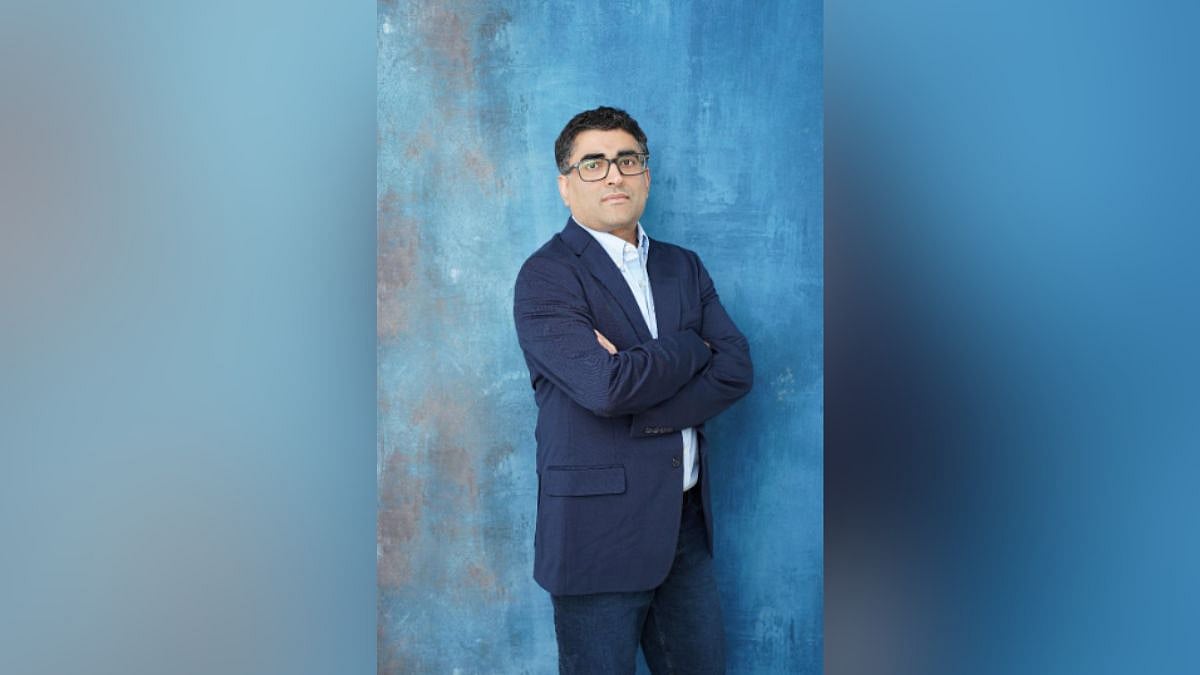Pandemic-Proven: AI System Cut Critical Equipment Failures 30% When Lives Depended On It
The world healthcare industry was challenged like never before during the pandemic peak, with the need to ensure the uninterrupted operation of life-saving equipment at all costs. Amidst this crisis, predictive maintenance systems using AI proved to be a breakthrough.

Pandemic-Proven: AI System Cut Critical Equipment Failures 30% When Lives Depended On It |
The world healthcare industry was challenged like never before during the pandemic peak, with the need to ensure the uninterrupted operation of life-saving equipment at all costs. Amidst this crisis, predictive maintenance systems using AI proved to be a breakthrough. These systems, utilizing real-time data processing and machine learning, not only forecasted failures prior to the event but also helped hospitals move with speed, minimiszing downtime and avoiding devastating equipment failure. The implementation of scalable, cloud-based software that could process high-velocity telemetry was instrumental in ensuring patient care throughout one of the most challenging eras in contemporary medical history.
Kanwarjit Zakhmi was instrumental in the design and implementation of such a system. According to reports, he spearheaded end-to-end development of an AI-driven predictive maintenance platform that was based on SageMaker for real-time anomaly detection and predictive modeling. The solution was coupled with Redshift and Kinesis Data Streams to process huge amounts of telemetry data from mission-critical hospital equipment. The result was nothing less than phenomenal—equipment failure rates reduced by 30%, and unplanned maintenance was cut back by 25%. These drops were vital in an environment where any delay or failure could spell the difference between life and death.
In addition, Kanwarjit's background was more than just technical delivery. His success in integrating clinical, IT, and data science teams under pressured environments was indispensable in providing an end-to-end functional solution in just six weeks. Based on internal accounts, his guidance played a central role in maintaining cooperation and in making the AI platform meet healthcare professionals' challenging requirements.
Effort also extended to implementing GenAI via Bedrock that generated automated problem-solving reports as well as servicing schedules in plain language, facilitating non-technical personnel to better comprehend intricate technical problems. Thus, the platform enhanced response time for operations by more than 40%. "When human life is at stake, technology must be dependable, scalable, and quick," Kanwarjit said. "We needed to make sure that our system was not only about forecasts but about actionable insights provided in real-time."
Kanwarjit also had his share of challenges, including consolidating scattered data from old systems and different sensor formats. However, leveraging Glue and Kinesis, he designed a fault-tolerant architecture that handled unpredictable loads while maintaining continuous data availability. This allowed for uninterrupted monitoring of critical devices, even during the peak of the pandemic. "Every second counts in healthcare, and we couldn’t afford to let any failure slip through," he added. "We were concentrated on creating a system capable of self-recover and realizing zero downtime for the most mission-critical assets."
In the aftermath of such successes, Kanwarjit's work not only offered short-term solutions in a time of international crisis but set the stage for long-term AI-powered innovation within healthcare. According to the reports, his work has defined the future of operational resilience within the industry, positioning hospitals not just to survive upcoming crises but flourish in a data-driven world.
In the future, Kanwarjit expects AI to keep improving in healthcare so that even more self-sustaining systems will learn and adjust with little intervention from humans. "The future of healthcare AI is in systems that not just predict but also take autonomous decisions to optimize operations," he asserts. This foresight, paired with his experiential expertise, makes him a leader on the cutting edge of AI integration in healthcare.
Published on: Saturday, October 25, 2025, 03:29 PM ISTRECENT STORIES
-
-
-
-
-
